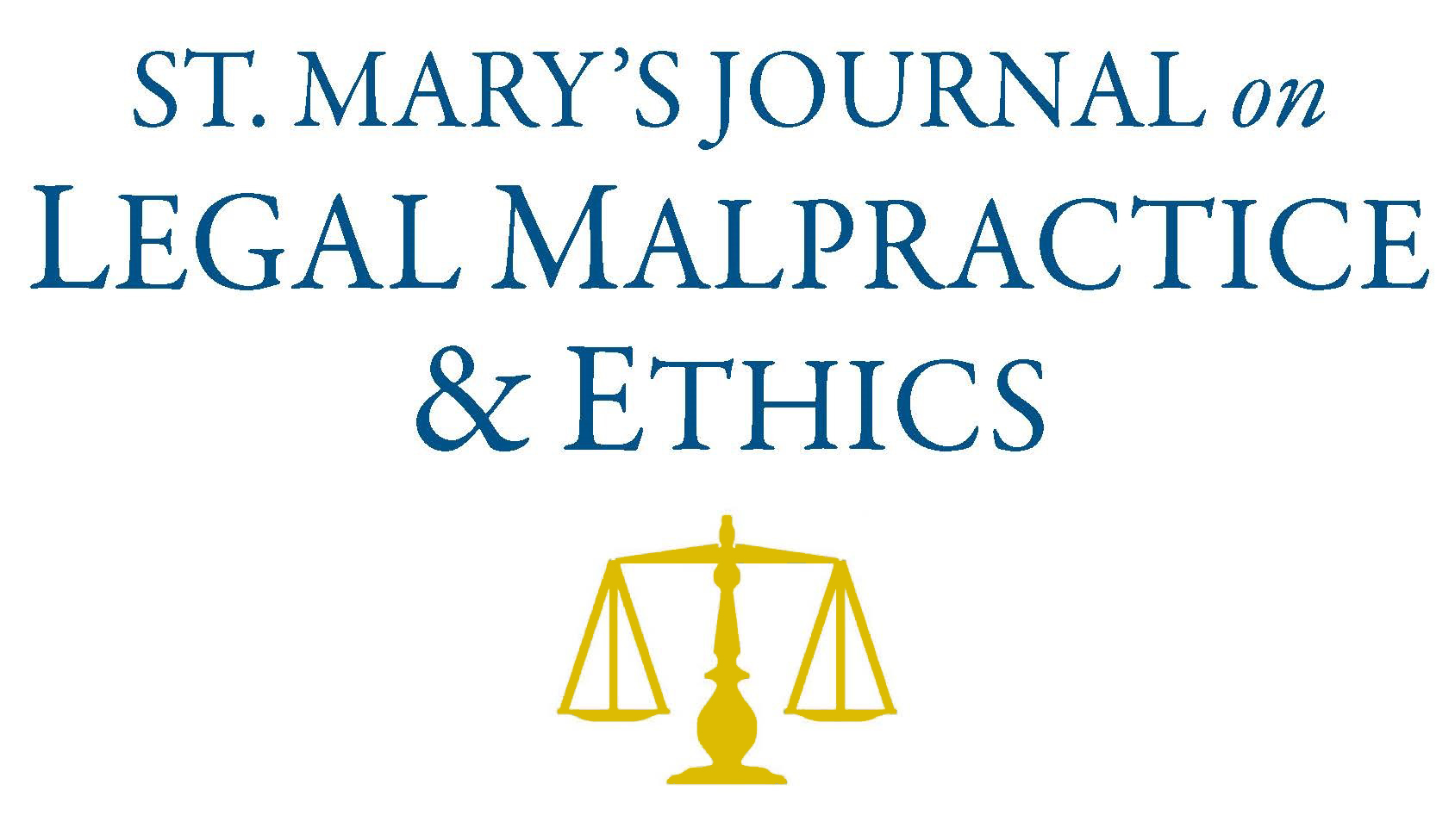
First Page
2
Date Created
4-9-2025
Publisher
St. Mary's University School of Law
Editor
Natalia Francesca Jasso
Last Page
31
Abstract
Notwithstanding the increasing prevalence of artificial intelligence or AI in the legal field, Chief Justice Roberts recently predicted that “human judges will be around for a while.” The reason is that at this time, AI cannot perform judicial mental functions as well as human judges can in deciding cases. Yet, instead of having AI replace human judges, some have explored whether AI can be used to assist human judges with their adjudicative and administrative responsibilities.
This Article focuses on a judge’s ethical obligations when encountering AI on both sides of the bench. That is, what do judicial ethics call for when judges address AI-related issues raised by the parties or when judges voluntarily use AI as part of their adjudicative and administrative responsibilities? Before answering this question, the Article will address why the public and practitioners should even care about judicial ethics. It then explains the history and the structure of the ABA Model Code of Judicial Conduct. It concludes by identifying one area in which this Model Code could be amended with three recommendations.
Recommended Citation
Davis G. Yee,
Artificial Intelligence: An Impetus to Amend the ABA Model Code of Judicial Conduct,
15
St. Mary's J. on Legal Malpractice & Ethics
2
(2025).
Available at:
https://commons.stmarytx.edu/lmej/vol15/iss1/1
Included in
Education Law Commons, Law and Society Commons, Legal Ethics and Professional Responsibility Commons

